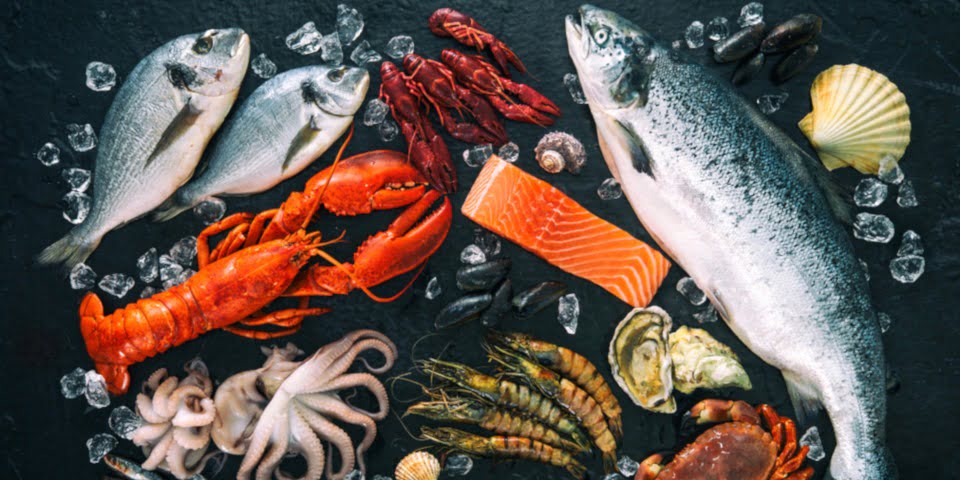The Marine Stewardship Council (MSC) says nearly a third of all seafood labelling worldwide is wrong.
Some of the mislabelling is deliberate fraud, says the not-for-profit, and the problem is growing as demand for seafood rises.
By contrast, researchers found that less than one per cent of more than 1,400 MSC-labelled products were mislabelled.
According to the MSC, the research shows its ecolabelling and Chain of Custody program is an “effective deterrent” against fraud.
30 per cent ‘wrong species’
The seafood industry has long used DNA methods to detect species mislabelling. A meta analysis of 4,500 seafood-product tests from 51 peer-reviewed publications found an average of 30 per cent were not the species on the label or menu. Disturbingly, this is the global average for seafood mislabelling.
In the Current Biology study, by contrast, just 13 of 1,402 MSC-certified products were labelled incorrectly. This represents a tiny minority of less than one per cent (0.92 per cent). All cases of mislabelling were in whitefish (cods, hakes, hoki) and flatfish products.
Lead author of the paper Jaco Barendse of the MSC said: “There is widespread concern over the vulnerability of seafood supply chains to deliberate species mislabelling and fraud.
“In the past, this has included some of the most loved species, such as cod being substituted by farmed catfish. This can seriously undermine consumer trust and efforts to maintain sustainable fisheries.”
Not all mislabelling is deliberate
Not all mislabelling is fraud, however. It can happen for many reasons, including:
- Misidentification of species when the fish is caught
- Mix-ups during processing
- Ambiguities in product naming, such as the use of catchall trade names such as ‘snapper’ or ‘skate’.
The MSC defines seafood fraud as “intentional substitution, mainly for financial gain”. In other words, unscrupulous merchants substitute a lower-value species with a higher-value one.
While DNA testing can identify cases of species substitution, says the MSC, it cannot alone confirm whether it was fraud. To do this, it would have to trace the product’s movement back through the supply chain
That’s where its Chain of Custody certification comes in, it says. This requires every distributor, processor and retailer trading certified seafood to have a documented trace-back system.





